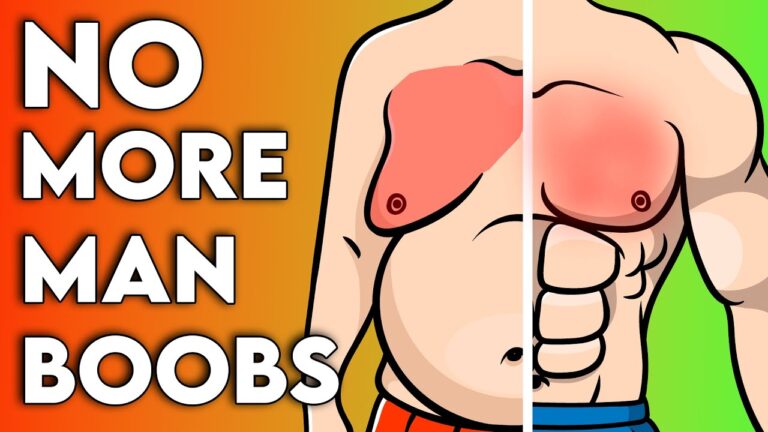Chagas disease is caused by the hemoflagellate protozoan Trypanosoma cruzi. The main transmission mechanism for the parasite in endemic areas is contact with the feces of an infected triatomine bug. Part of the life cycle of T. cruzi occurs in the digestive tract of triatomines, where vector and parasite engage in a close interaction at a proteomic–molecular level. This interaction triggers replication and differentiation processes in the parasite that can affect its infectivity for the vertebrate host. With the aim of compiling and analyzing information from indexed publications on transcripts, proteins, and glycoproteins in the guts of fasting, fed, and T. cruzi-infected triatomines in the period 2000–2022, a systematic review was conducted following the PRISMA guidelines. Fifty-five original research articles retrieved from PubMed and ScienceDirect were selected; forty-four papers reported 1–26,946 transcripts, and twenty-one studies described 1–2603 peptides/proteins.
This content was originally published here.




















